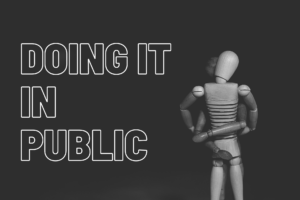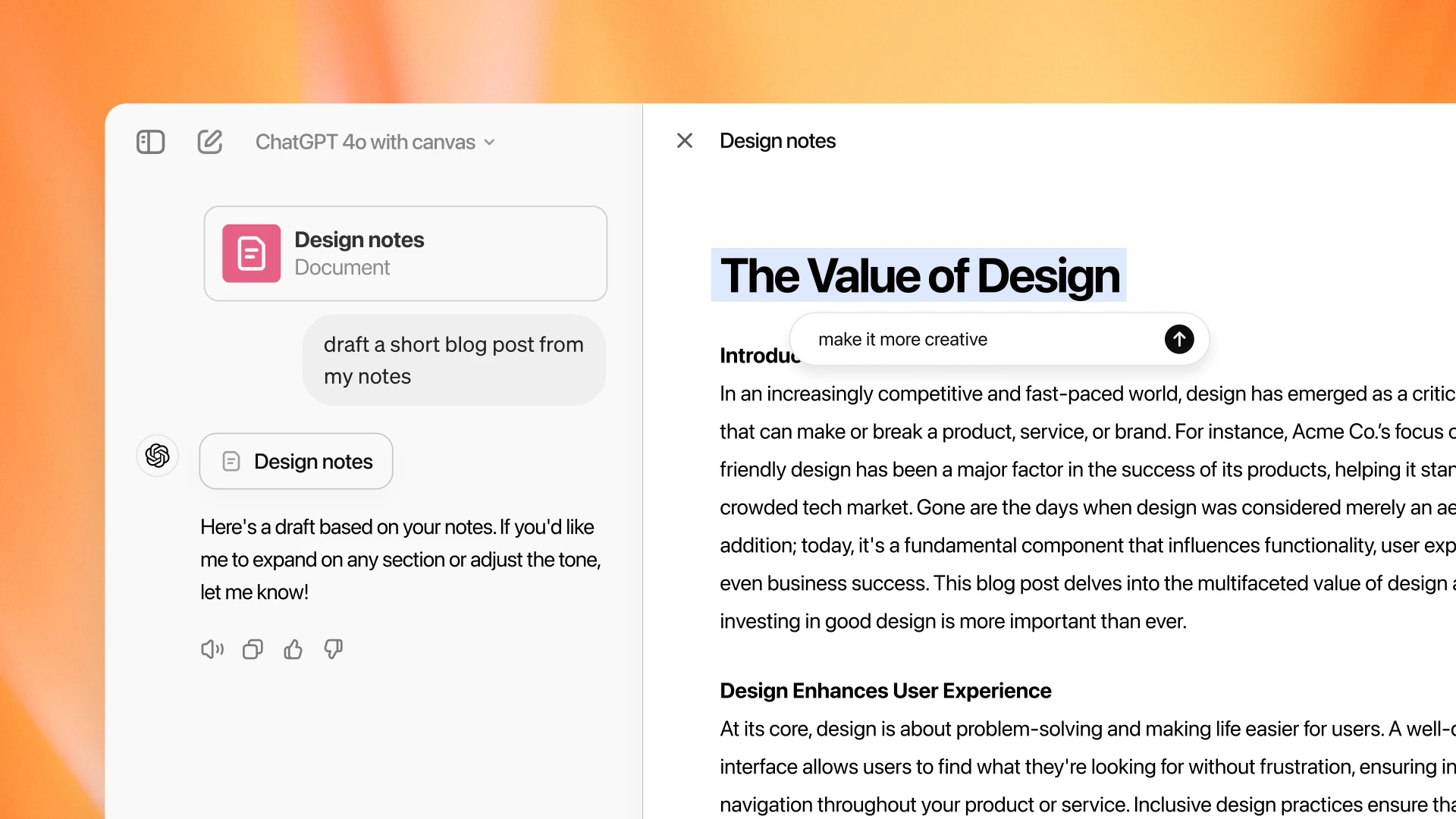Ever thought about what life would be like if people had to register and obtain a sex license to have sex? It sounds like a wild idea, but let’s explore the implications of such a system. Imagine needing official approval before getting intimate—how would that change society? Let’s dive into the questions and concerns this scenario raises.
What Would a Sex License System Look Like?
Picture this: you turn 18, and along with registering to vote, you’re required to apply for a sex license. Sounds crazy, right? But let’s break it down:
- Application process: Fill out forms, provide medical history, and maybe even character references.
- Education requirement: Attend mandatory sex education classes covering consent, safety, and biology.
- Testing: Pass a written exam on sexual health, laws, and ethics.
- Practical assessment: Demonstrate knowledge of contraception use (don’t worry, no actual sex involved!).
- Renewal: Every few years, update your license with a refresher course.
It’s like getting a driver’s license but for your bedroom activities. Wild, I know!
Why would anyone propose such a system?
You might be thinking, “This is ridiculous! Why would we need this?” Well, proponents argue it could address some serious issues:
- Reducing STIs: By ensuring everyone has proper education, we might see a drop in sexually transmitted infections.
- Preventing unwanted pregnancies: Better contraception knowledge could lead to fewer surprise baby showers.
- Promoting consent culture: A clear understanding of boundaries and communication might reduce sexual assault cases.
- Improving sexual health: Regular check-ups tied to license renewal could catch health issues early.
- Population Control: Managing birth rates more effectively.
But let’s be real – it’s not all roses and rainbows. This system would come with a ton of challenges.
What Are the Potential Benefits of Sex License?
At first glance, this might seem like an intrusive and bureaucratic nightmare. But are there any potential upsides?
- Reduced STIs: With regular testing and education, the spread of STIs could be significantly reduced.
- Informed Consent: People would be more educated about consent, potentially reducing instances of sexual misconduct.
- Better Sexual Health: Overall sexual health could improve with mandatory education and regular check-ups.
What are the potential drawbacks?
Privacy concerns: Big Brother in the bedroom?
Imagine the government knowing when and with whom you’re getting busy. Creepy, right? This system would be a massive invasion of privacy. Plus, think about the data breaches! Your sexual history could become public knowledge. Talk about awkward Thanksgiving dinners!
A major concern with this idea is privacy. People value their privacy, especially when it comes to personal relationships. How would a licensing system protect individuals’ private information?
- Data Security: Robust systems would need to be in place to ensure personal data is secure.
- Anonymity: Measures could be implemented to allow people to obtain licenses anonymously if they choose.
- Consent: Individuals would need to consent to their data being used in this way, with clear information on how it would be protected.
Enforcement nightmares: The sex police?
How would this even be enforced? Would we have undercover agents busting unlicensed lovers? It’s absurd and practically impossible to monitor everyone’s intimate moments. Not to mention the resources it would take – tax dollars funding the “Department of Doing It”? No thanks!
Discrimination and inequality: Who gets left out?
Any licensing system risks becoming discriminatory. What about people with disabilities? Those in lower-income brackets who can’t afford classes or fees? It could create a new form of sexual segregation, where only the privileged get the government’s stamp of approval for intimacy.
Would This System Be Fair?
Fairness is another significant concern. Would everyone have equal access to obtaining a license?
- Accessibility: Ensuring everyone has access to the necessary education and health services.
- Cost: Making sure the process is affordable for everyone.
- Non-discrimination: The system would need to be free of bias, ensuring no one is unfairly denied a license.
Could This Actually Reduce Sexual Misconduct?
One of the proposed benefits of such a system is the reduction of sexual misconduct. Could it work?
- Education: By educating people about consent and healthy relationships, instances of sexual misconduct might decrease.
- Accountability: Having a licensing system could increase accountability, as individuals would need to demonstrate understanding and compliance with consent laws.
How might this impact relationships and dating?
First date small talk: “So, what’s your license number?”
Dating would get weird, fast. Imagine swiping through profiles that list sexual qualifications instead of hobbies. “Fully licensed, grade A in foreplay, certified in three positions.” Romance would take a hit, replaced by a clinical approach to coupling.
Spontaneity killer: Passion by paperwork
Remember those moments of unexpected chemistry? The spark that ignites between two people? Well, hold that thought while I check if my license is up to date. Spontaneity and passion might become casualties of bureaucracy.
What about reproductive rights and family planning?
This is where things get even trickier. A sex license system could have major implications for reproductive rights:
- Birth control: Would the license dictate what contraception you use?
- Pregnancy: Would unlicensed parents face penalties for having kids?
- Abortion: How would this intersect with existing laws and debates?
It’s a minefield of ethical and legal questions that could make current reproductive rights battles look like a picnic.
What Are the Ethical Implications of Introducing Sex License?
Ethically, this idea treads on delicate ground. Here are some ethical considerations:
- Autonomy: People have the right to make their own decisions about their bodies and relationships.
- Consent: While promoting informed consent, the system itself must respect individuals’ autonomy and consent.
- Equality: Ensuring the system does not disproportionately affect certain groups or communities.
How Would Society Change After Sex License?
Implementing a licensing system for sex would likely lead to significant societal changes:
- Norms and Values: Societal norms and values around sex and relationships might shift towards more openness and education.
- Stigma: There could be a reduction in stigma around sexual health, as regular testing and education become the norm.
- Regulation: The idea of regulating such a personal aspect of life could lead to debates about government overreach.
What If Sex License Doesn’t Work?
Finally, what if this system fails? What are the potential downsides?
- Bureaucracy: It could become a cumbersome, bureaucratic system that is more hassle than help.
- Resistance: People might resist the idea, leading to widespread non-compliance.
- Inequality: If not implemented fairly, it could create new inequalities and injustices.
Conclusion
While the idea of a sex license might seem like a solution to some societal issues, the reality is that it’s a can of worms best left unopened. The potential for abuse, discrimination, and loss of personal freedom far outweighs any possible benefits.
Instead of fantasizing about bureaucratic bedroom controls, we should focus on:
- Improving sex education in schools and communities
- Promoting open dialogues about consent and healthy relationships
- Ensuring access to sexual health services for all
- Supporting initiatives that combat sexual violence and exploitation
At the end of the day, healthy sexuality comes down to education, communication, and respect – not a piece of paper from the government saying you’re qualified to get busy. So let’s keep the licenses for driving and leave the bedroom free from red tape.






